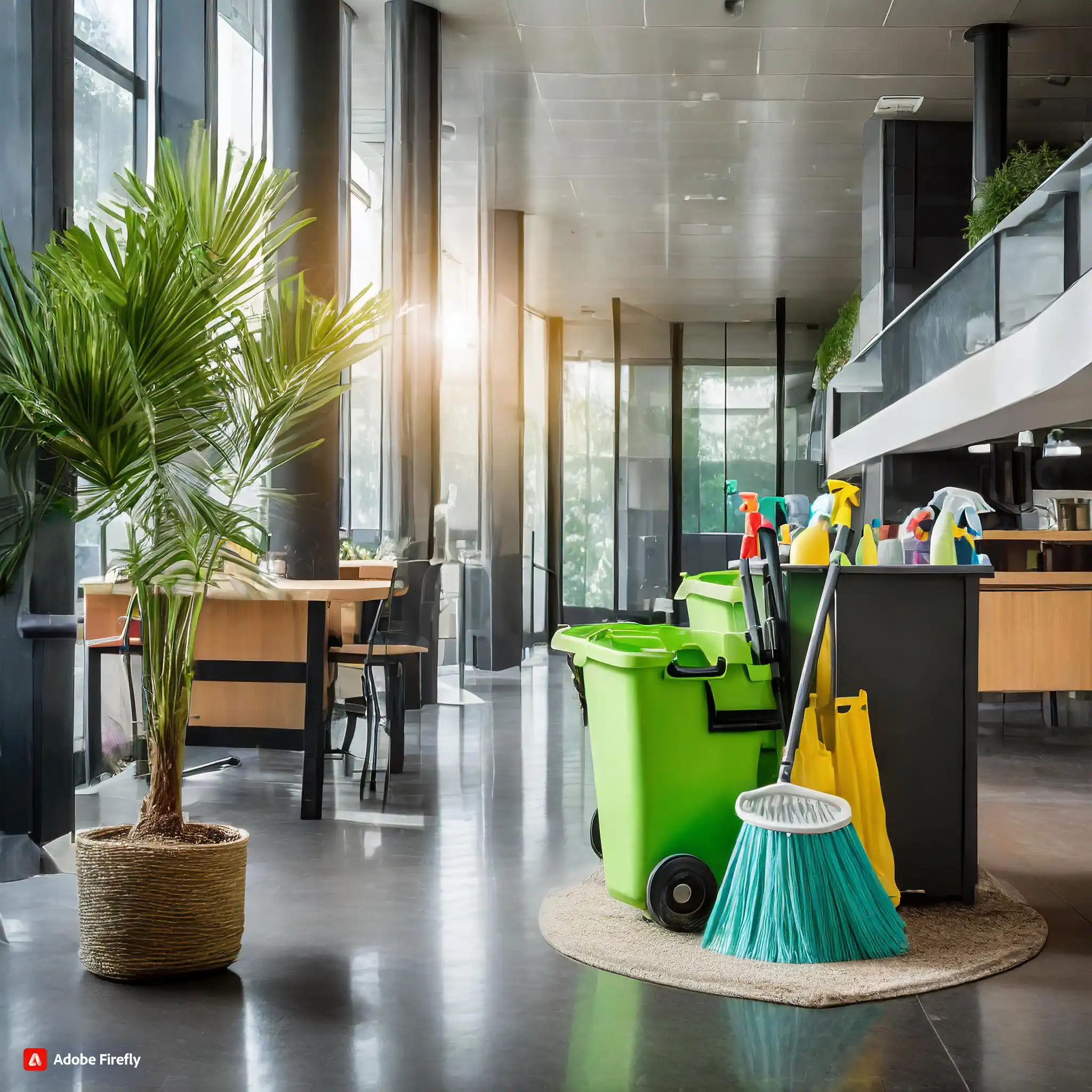Ensuring a Clean and Safe Healthcare Environment: Guidelines from the University of Minnesota
Maintaining a sterile and safe environment in healthcare facilities is crucial to reducing the risk of infections. The
use of disinfectants plays a pivotal role in achieving this objective. Hospital cleaning involves general tasks such as
dirt and dust removal, similar to those in office buildings or hotels. However, healthcare facilities require an
additional focus on disinfection due to the constant presence of bacteria, viruses, and other microbes brought in by
patients, staff, and visitors.
Spaulding’s Classification (CDC, 2003) provides a framework for defining varying levels of disinfection in healthcare
facilities. These levels include non-critical, semi-critical, and critical, each with specific requirements based on the
potential for infectious disease spread. The classification extends to low, intermediate, high, and sterilization
levels, aligning with the degree of sterility needed for equipment, instruments, and furniture.
Understanding the appropriate level of disinfection for different areas within a healthcare facility is essential to
streamline cleaning processes and minimize unnecessary use of chemicals. Waiting areas may only require basic cleaning,
patient rooms need low-level disinfecting, and surgical suites demand high-level disinfection and sterilization of
instruments.
Implementing proper systems for selecting and purchasing cleaning chemicals is imperative for healthcare facilities.
Without effective systems, facilities may end up using multiple chemicals concurrently, leading to increased costs,
safety concerns, inadequate training, communication hazards, compromised security, and challenging waste management.
To facilitate the management of cleaning processes, the University of Minnesota provides a comprehensive list
classifying commonly used items throughout healthcare facilities. Organized according to Spaulding’s levels and the
degree of cleanliness or disinfection needed, this list aids in ensuring infection prevention, reducing cleaning times,
minimizing exposure to toxic chemicals, and cutting procurement costs.
Patient care areas, patient exam rooms, operating rooms, waiting rooms, dining areas, and workstations are all addressed
in the guidelines. The appropriate cleaning and disinfection levels are clearly outlined for surfaces and equipment
found in each of these areas.
As a provider of healthcare facility cleaning services, we understand the critical importance of adhering to these
guidelines. Our commitment to infection prevention, safety, and efficiency sets us apart. For tailored solutions and a
discussion about your specific situation, please contact us. We are here to ensure your healthcare
facility maintains the highest standards of cleanliness and safety.
